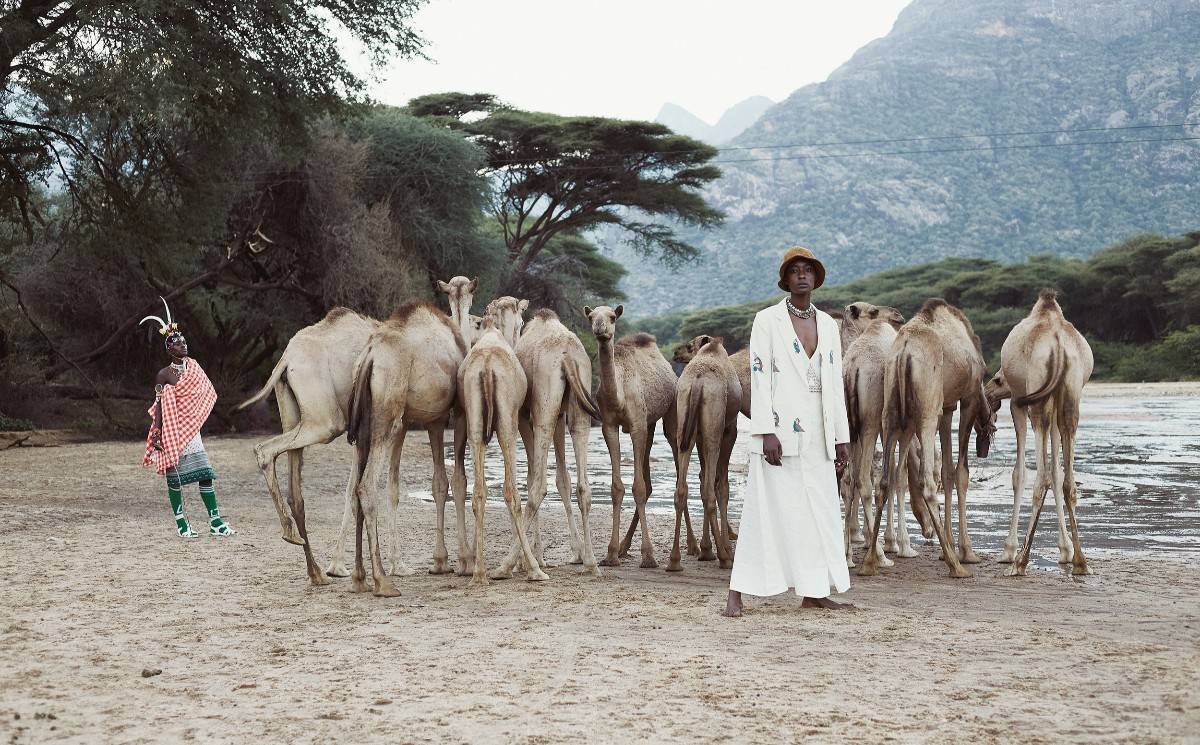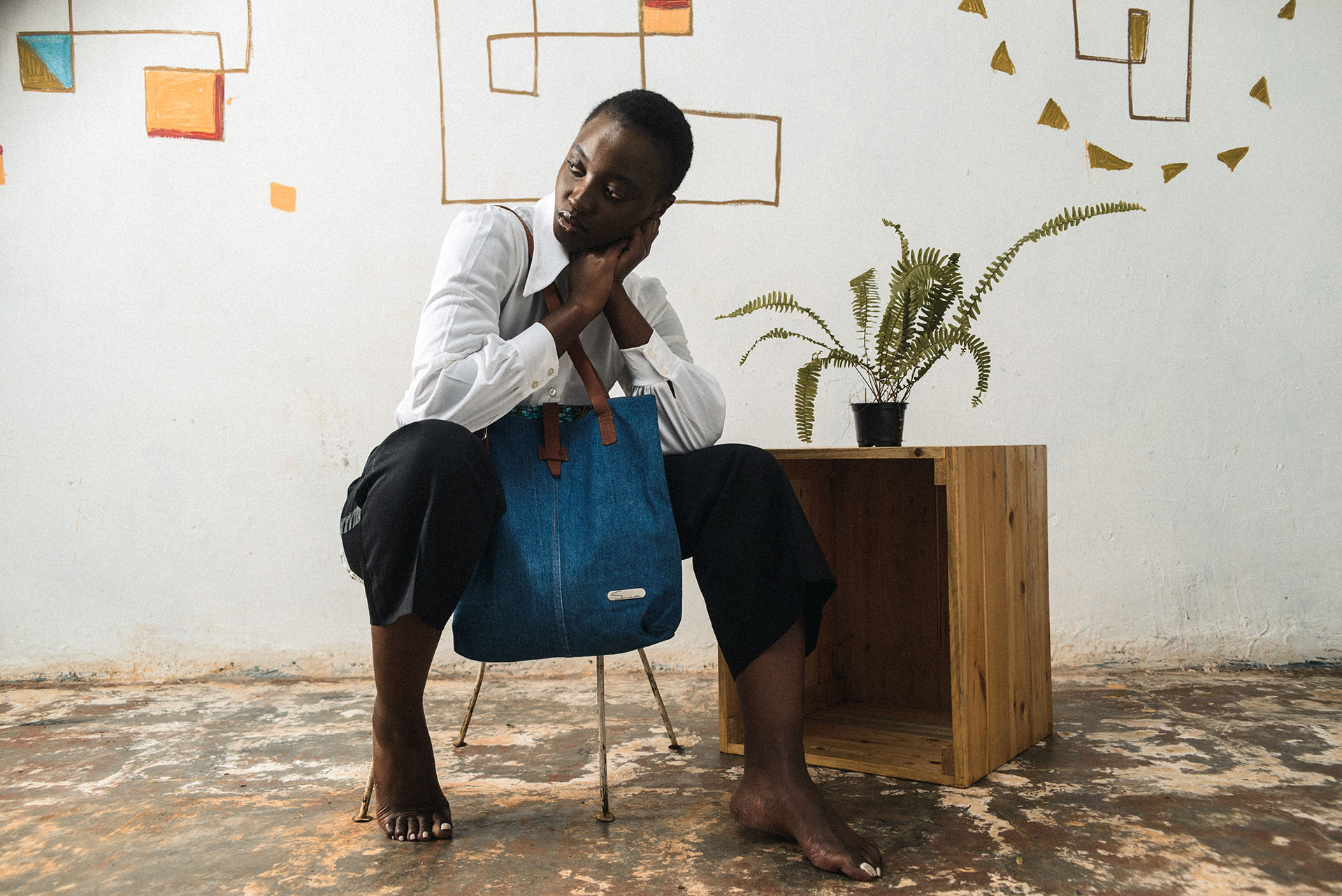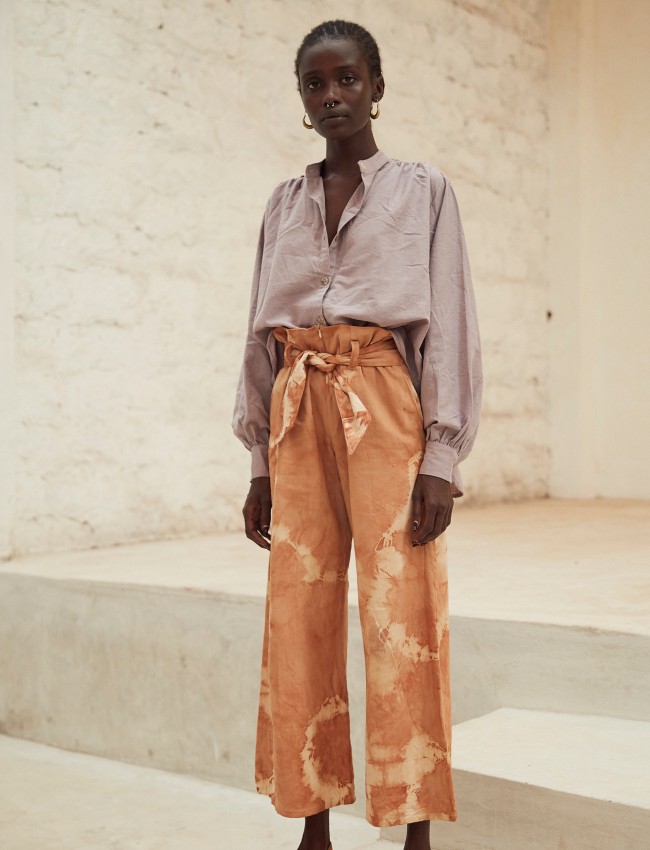
The Ethical Fashion Initiative, which is a joint venture between the United Nations and the World Trade Organization’s International Trade Centre, has selected three Kenyan brands that will be part of their second accelerator programme.
The three brands are Katush by Katungulu Mwendwa, Suave Kenya, and Hamaji, and a key part of the reason they were chosen was due to their commitment to sustainability. All three of these fashion brands have collections that feature reclaimed and organic fabrics. They have also each mentioned that the country of Kenya and their respective upbringings there have inspired their work.

Katush by Katungulu Mwendwa is a leisure lifestyle brand based in Nairobi that offers seasonless, timeless casual and semi-formal wear. Katush experiments with eco-friendly fabrics as much as possible, including Tencel and Cupro.

Meanwhile, accessories brand Suave Kenya was founded by Mohammed Awale in 2013, after Awale discovered piles of discarded fabric and clothing at a local thrift market in East Africa. It is this discarded fabric that became the source material for his collection of bags.

Lastly, Hamaji, which was founded by Louise Sommerlatte in 2017, is a brand dedicated to the preservation of ancient textile traditions and craftsmanship. All Hamaji pieces utilize natural fibres, botanical dyes, handcrafting and embroidery, and up-cycled vintage fabrics.
By selecting these three brands, the Ethical Fashion Initiative aims to showcase the design talent within Kenya to the world. The initiative’s Kenya Accelerator programme has been two years in the making, with the search for talent beginning in 2019.
The Ethical Fashion Initiative has stated that their second accelerator programme will focus on the distinct needs of African fashion brands, and will adopt a business development approach that prepares brands for the global marketplace.
More specifically, the programme will help the three brands become investment ready, by offering education and mentorship relating to expanding supply chains, sourcing new products, scaling up production, and establishing a production team.
Further, at the beginning of the programme, each designer will be paired with a production mentor, in addition to the guidance that will be offered by the larger Ethical Fashion Initiative team and industry experts. The programme will also help the brands bring their first collections to life, by setting them up with manufacturers within the Ethical Fashion Initiative network.
The Ethical Fashion Network Kenya Accelerator Programme will culminate in each designer getting to pitch themselves to investors at a networking event.





